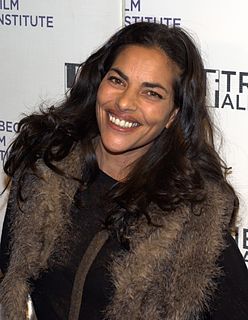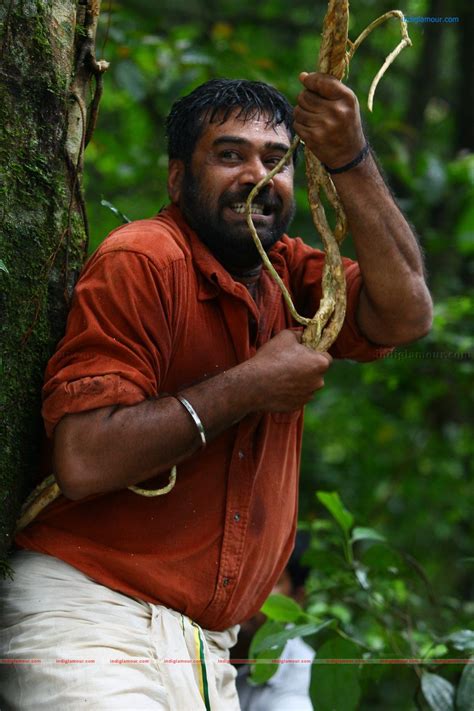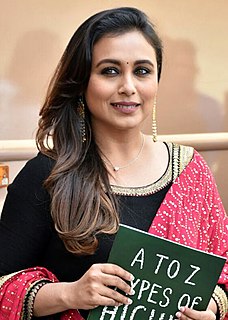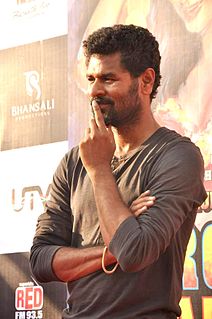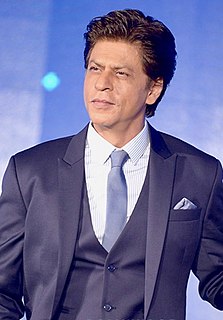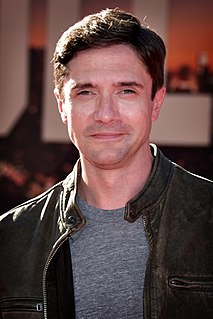A Quote by Tabu
I do a film because I would love to be a part of it, but I also think from the audience's perspective. Our profession survives because of our audience.
Related Quotes
Whatever field you can do that, that's where you want to do it, and I think that's why people like David Fincher and Ridley Scott are interested in it, too, because when you sit down on a meeting in HBO and they're like, "More, more." You're just like, "Oh yeah, I love this." Sometimes it's a little harder in film. I think also it's a great audience, take advantage of it. It's a great audience.
We also knew [ me and Ewan McGregor] that, on a practical level, if there was going to be that much sex in the film [Young Adam] - which there clearly had to be because sex is the meat and potatoes of the thing - it had to be varied for the audience, because it's important to keep the audience living in it.
Making a show is also economics. Because the irony is, or the shame of it is, you cannot create a show instantaneously. It needs to be massaged. You need to see who is relating to who. How is it working with the audience? You need to give it a chance for the audience to find it, because there are so many outlets. And the audience doesn't know where to go.
The great thing about a sitcom is that you're in front of a live audience, so you really get in touch with what audience reaction is, but also there are lots of elements of film that you're dealing with, and there's kind of a great boot camp or graduate school mentality to it, because you're going to suck.


